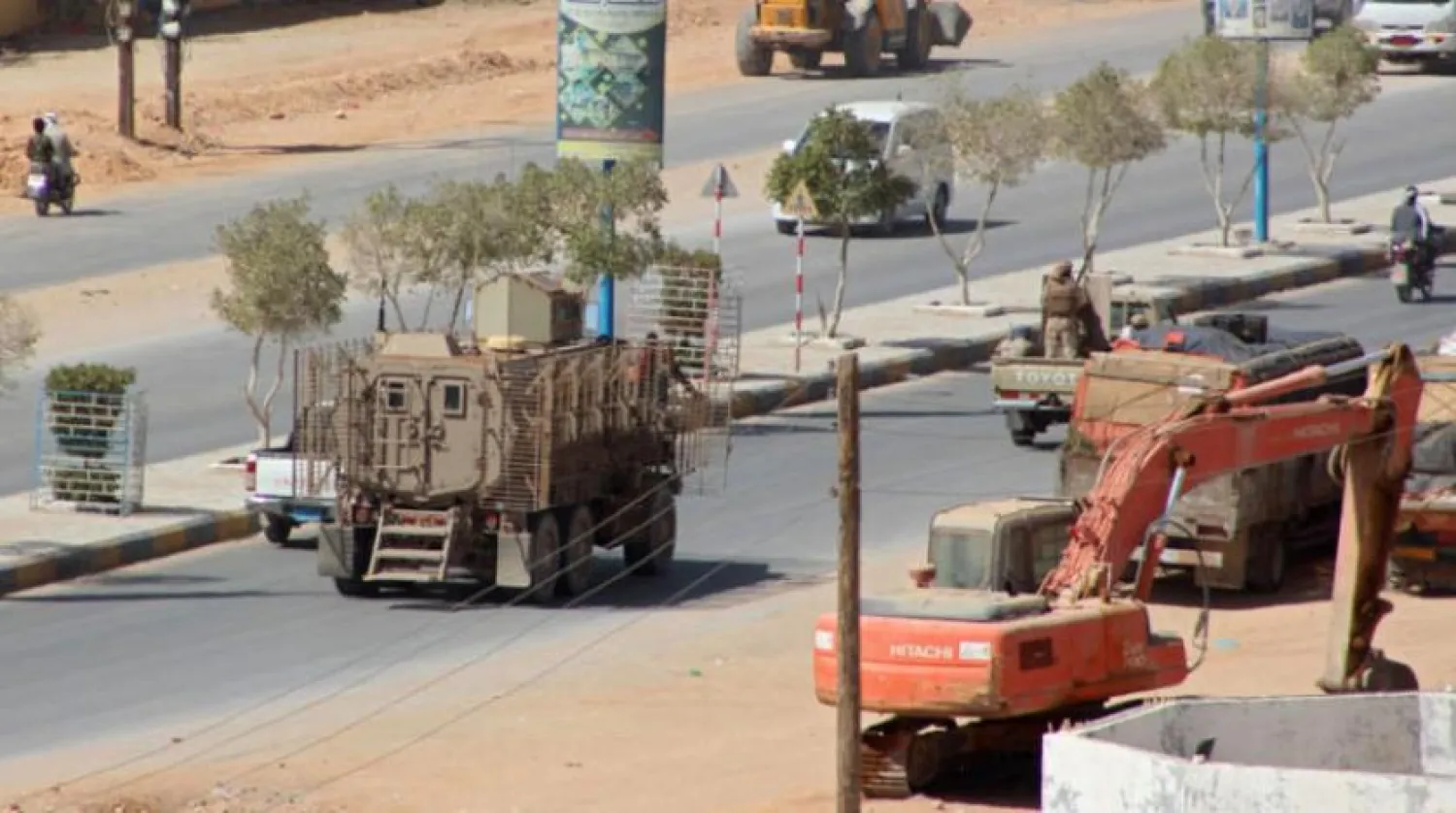US President Joe Biden said he is considering the redesignation of Yemen’s Houthi militia as a terrorist organization, following the latest attack on civilian facilities in the UAE that left three dead and several wounded.
At a press conference Biden held late on Wednesday, he said his administration is considering reclassifying the Yemeni Houthi movement as an international terrorist organization, and that "the matter is under discussion."
He acknowledged that ending the conflict in Yemen "will be very difficult."
The UAE embassy in the United States welcomed in a tweet the statements made by Biden.
The UAE welcomes Biden’s comments that “Houthi return to terror list is under consideration. Case is clear—launching ballistic and cruise missiles against civilian targets, sustaining aggression, diverting aid from Yemeni people”, the Embassy said on Twitter.
Speaking at a UN Security Council session, Saudi Arabia's deputy permanent representative to the UN Mohammed Al-Ateeq said that “the absence of firm measures towards these militias is what gave them more space to harm the Yemeni people, destabilize the region’s security and stability, and significantly affect international peace and security.”
On Thursday, the Saudi-led Arab coalition supporting legitimacy in Yemen said it is carrying out air strikes to destroy the capabilities of the Houthi militia in Hodeidah.
“The port of Hodeidah is the artery of Iranian arms smuggling to the Houthis and a source of threat to the freedom of maritime navigation", the coalition said.









